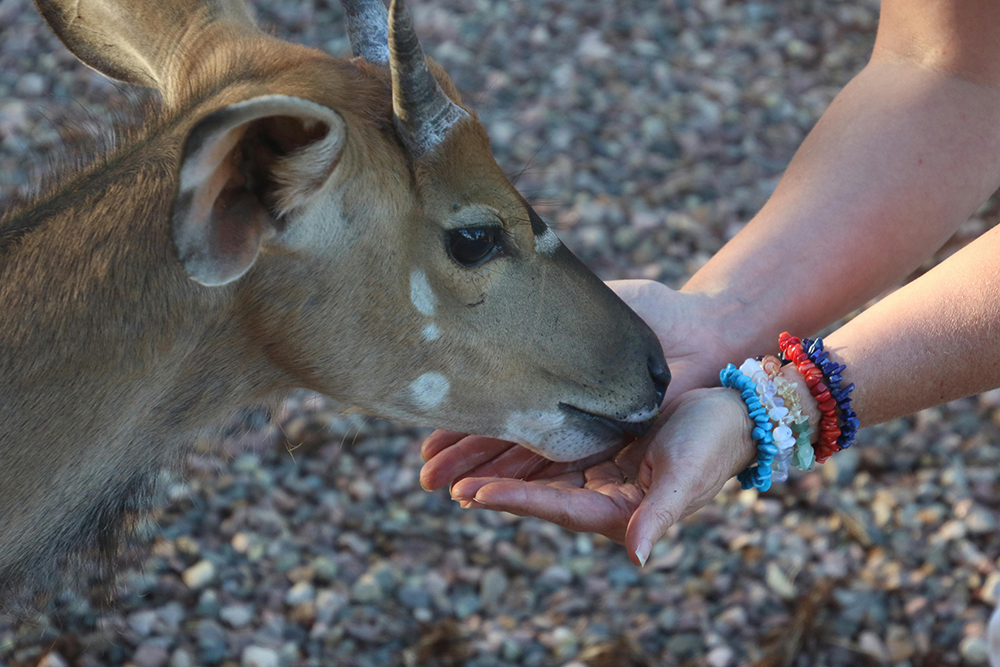 (Photo source: Pexels)
(Photo source: Pexels)
A long time ago, there was a king who had a hardworking and honest servant. One day, a deer died in the royal palace’s backyard, and the servant went to inform the king.
The king thought about how the servant tidied the garden neatly every day, worked diligently, and never complained. Therefore, he decided to give the dead deer to the servant as a reward. The servant was elated to receive the deer. He thought, “I can skin the deer and use its hide to make clothes.” He quickly looked for a knife to skin the deer, but the knife was too dull and could not cut through.
In a hurry, he ran around looking for a whetstone and eventually found one upstairs. He was delighted and began sharpening the knife there.
Once the knife was sharpened, he ran back to the garden to skin the deer, but not too long after, the knife became dull again. So, he had to run upstairs to sharpen it again, then return to the garden to continue skinning. He kept running up and down like that, exhausting himself, just to sharpen the knife and skin the deer.
Someone asked him, “Why are you running upstairs and then back to the garden again and again?” He replied, “I am going upstairs to sharpen the knife, then back to the garden to skin the deer!” They asked again, “Why do you need to go upstairs to sharpen it?”
Without thinking, he answered, “Because that is where the whetstone is.”
Everyone laughed at him and said, “You can just bring the whetstone downstairs and place it next to the deer. That way, you can sharpen the knife as you go. Wouldn’t that be much more convenient? It is such a simple task, and you wouldn’t have to tire yourself out running up and down!”
This story may seem funny, but aren’t we sometimes trapped in our fixed ways of thinking too? At the root of it, it is just a lack of mindfulness. If we put our hearts into what we do, we can develop wisdom. By using clever and thoughtful methods, we can achieve maximum results with minimal effort. This not only saves mental and physical energy, but also helps us accomplish much more.
Translated by Teo Jia Xin
